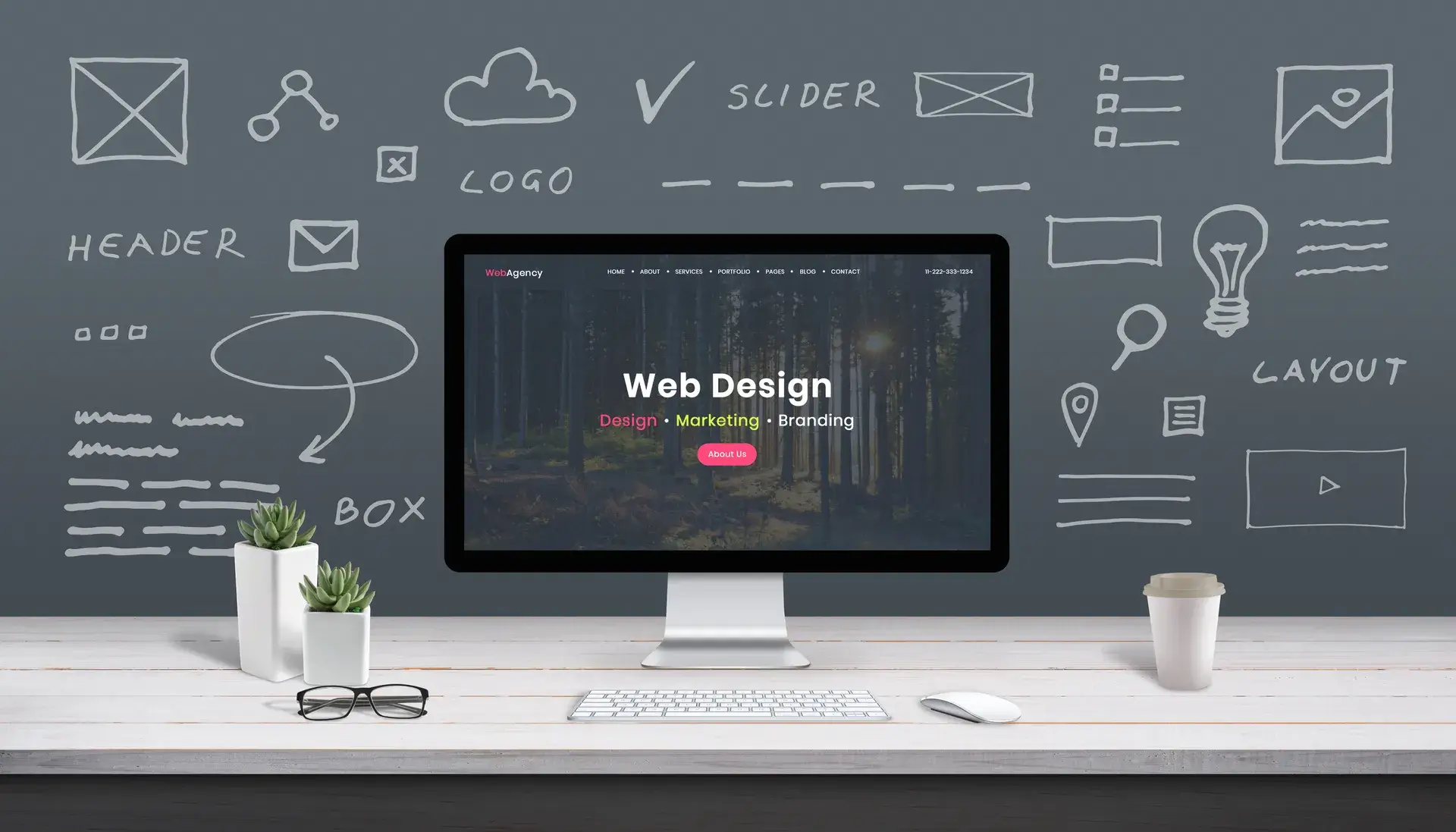As a student embarking on your web development journey, understanding best practices is crucial for building successful, efficient, and maintainable websites. This post outlines essential best practices tailored for students, covering everything from coding standards to project management strategies. Whether you are a beginner or have some experience, following these guidelines will help you cultivate good habits and enhance your programming skills.
1. Understand the Fundamentals
Before diving into complex frameworks or languages, ensure you have a strong grasp of the fundamentals:
- HTML: Learn the structure of web pages.
- CSS: Understand styling and layout techniques.
- JavaScript: Get comfortable with scripting for interactivity.
2. Use Version Control
Version control systems, like Git, are critical for managing changes to your code. They enable you to:
- Track your code history.
- Collaborate with peers effectively.
- Revert to previous versions when needed.
3. Write Clean and Readable Code
Code readability is essential, especially when working in teams. Adopt the following practices:
- Use meaningful variable names.
- Comment your code adequately.
- Follow a consistent coding style.
4. Test Your Code Regularly
Testing is crucial for finding bugs early and ensuring your code works as intended. Incorporate:
- Unit testing for individual components.
- Integration testing to check interactions between modules.
- User testing to gather feedback on usability.
5. Stay Updated with Current Trends
The web development landscape is always evolving. Keep your skills sharp by:
- Following industry blogs and forums.
- Enrolling in online courses or tutorials.
- Participating in coding communities.
6. Build a Portfolio
A strong portfolio is vital for showcasing your skills to potential employers or clients. Include:
- Personal projects.
- Contributions to open-source.
- Internships or freelance work.
7. Seek Feedback and Collaborate
Don't hesitate to ask for feedback from peers or instructors on your work. Collaborating on projects can expose you to different coding styles and ideas, enriching your own skills.
Conclusion
Following these best practices as a student will set you up for success in your web development career. Embrace learning and don't shy away from challenges. Remember, every experienced developer was once a beginner!














